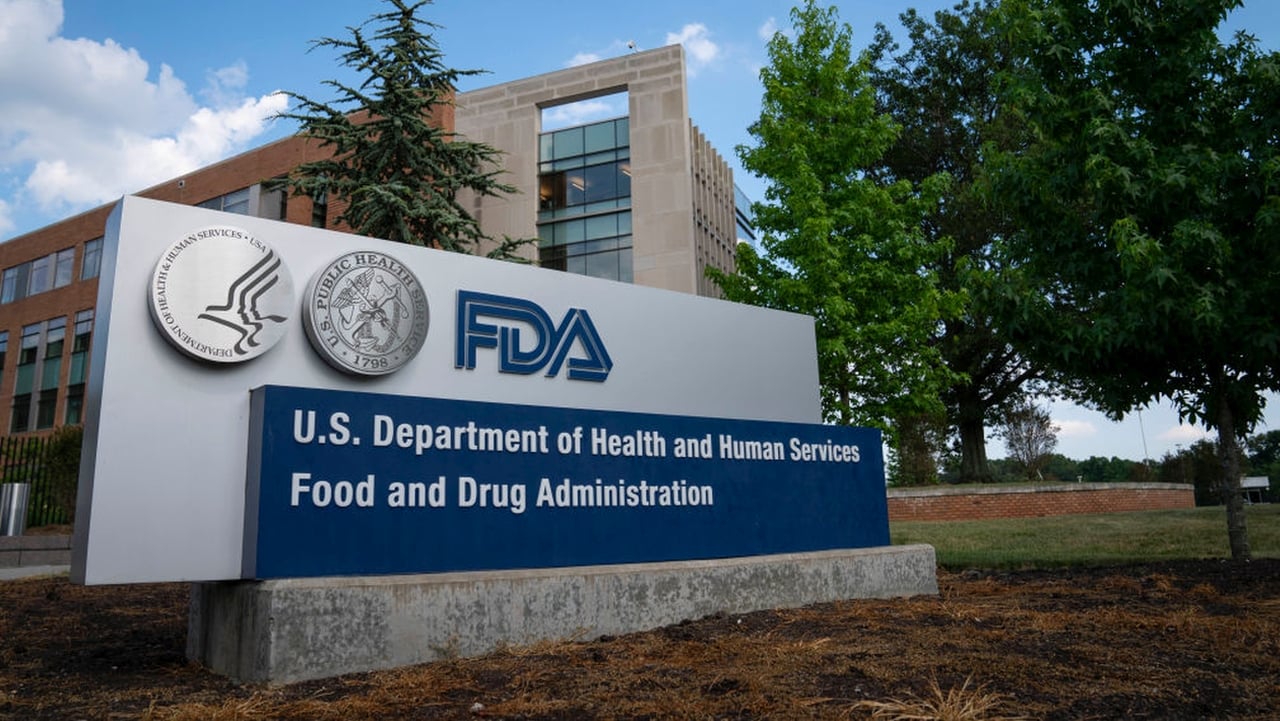Gilead's Tecartus gets revised safety demand amid FDA's push for CAR-T boxed warnings
24 Jan 2024
ImmunotherapyCell TherapyDrug ApprovalAccelerated ApprovalClinical Study

Preview
Source: FiercePharma
With the letter revision, the FDA seems to be indicating that even though it still views secondary T-cell cancers as a classwide problem for CAR-T meds, Gilead's Tecartus hasn’t itself seen such cases.
The FDA’s letter demanding a labeling change for Gilead Sciences’ Tecartus temporarily went missing on the agency’s website Tuesday. Turns out, the FDA didn’t drop the CD19 CAR-T from a classwide safety alert list.
Instead, the agency has adjusted the wording of a proposed boxed warning.
In a revised letter (PDF) dated Jan. 23, the FDA is still pressing Gilead’s cell therapy unit Kite Pharma to include new language about the risk of T-cell malignancies in the black-box warning section of Tecartus’ label. But unlike its proposed boxed warning for other commercial CAR-T therapies, the FDA’s updated letter for Tecartus no longer names Tecartus patients specifically as having experienced T-cell malignancies.
The FDA apparently took some time before uploading the new letter after taking down the original one, dated Jan. 19. The missing letter for Tecartus caused a brief period of confusion because the FDA says in all letters to the CAR-T manufacturers that it has determined that language about T-cell malignancies should be included in the labeling “for all BCMA- and CD19-directed genetically modified autologous T cell immunotherapies.”
With the adjustment, the FDA seems to be indicating that even though it still views secondary T-cell cancers as a classwide problem, Tecartus hasn’t itself seen such cases. The Gilead CD19 CAR-T drug is approved for the treatment of mantle cell lymphoma and B-cell precursor acute lymphoblastic leukemia.
The letter revision was somewhat embarrassing for the FDA, and it also speaks to the lack of transparency from the agency about the new safety signal.
Two months ago, the agency announced an investigation into what it considers “serious” risk of patients developing secondary T-cell malignancies following treatment with commercial CAR-T therapies. The agency started the probe based on reports from clinical trials and postmarketing databases.
Since that announcement in November, the agency has not disclosed the specific number of cases it has reviewed, which products they are associated with or their nature. Fierce Pharma and researchers have examined the FDA Adverse Event Reporting System (FAERS) for voluntarily reported cases, but it isn’t known what additional information the agency may have beyond the database.
Since November, the FDA hasn’t replied to multiple Fierce Pharma requests for more information about its safety probe, including whether T-cell malignancies have actually been observed in all CD19 and BCMA CAR-T products. It’s not clear if the original Tecartus letter was the only one that needs adjustments.
Besides Tecartus, Gilead’s Yescarta, Bristol Myers Squibb’s Breyanzi and Abecma, Johnson & Johnson and Legend Biotech’s Carvykti and Novartis’ Kymriah all face FDA requests to add the safety warning to their labels.
For more details,please visit the original website
The content of the article does not represent any opinions of Synapse and its affiliated companies. If there is any copyright infringement or error, please contact us, and we will deal with it within 24 hours.
Organizations
Indications
Hot reports
Get started for free today!
Accelerate Strategic R&D decision making with Synapse, PatSnap’s AI-powered Connected Innovation Intelligence Platform Built for Life Sciences Professionals.
Start your data trial now!
Synapse data is also accessible to external entities via APIs or data packages. Leverages most recent intelligence information, enabling fullest potential.





